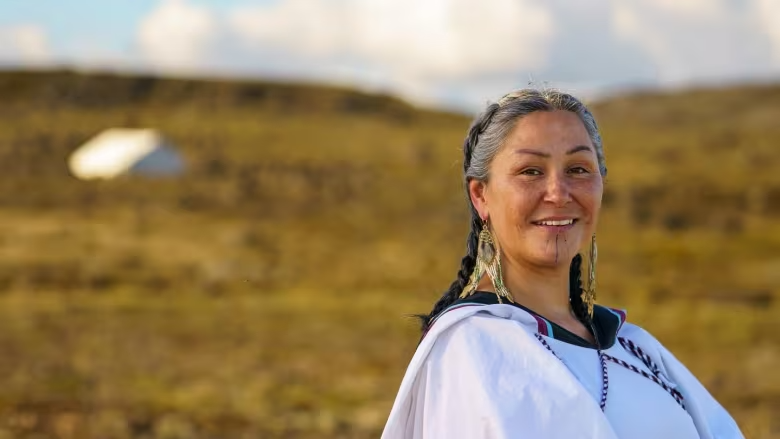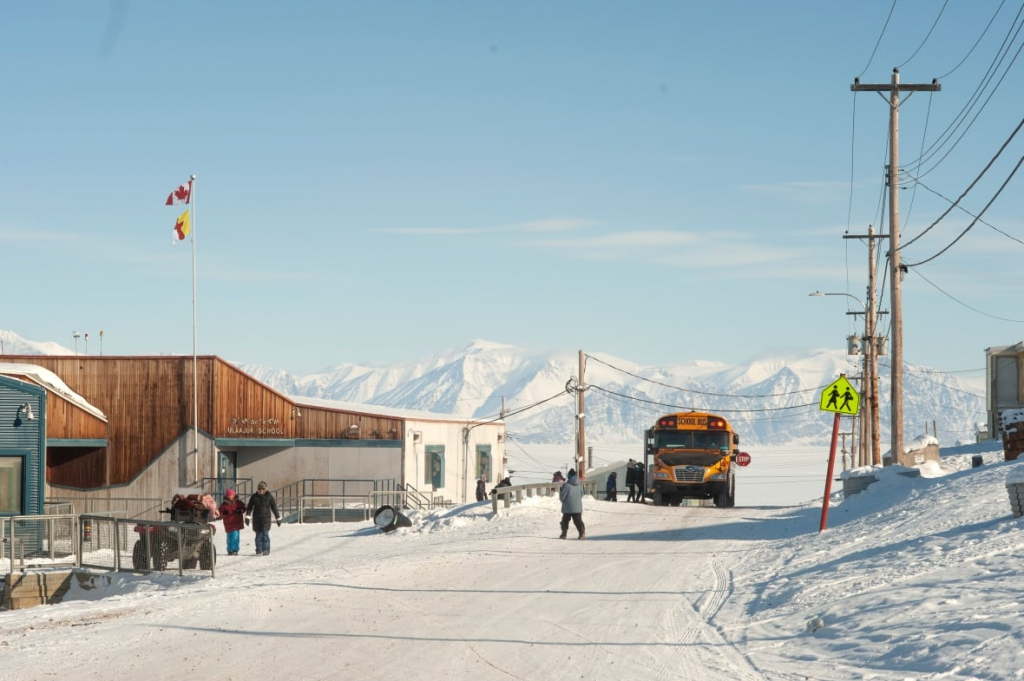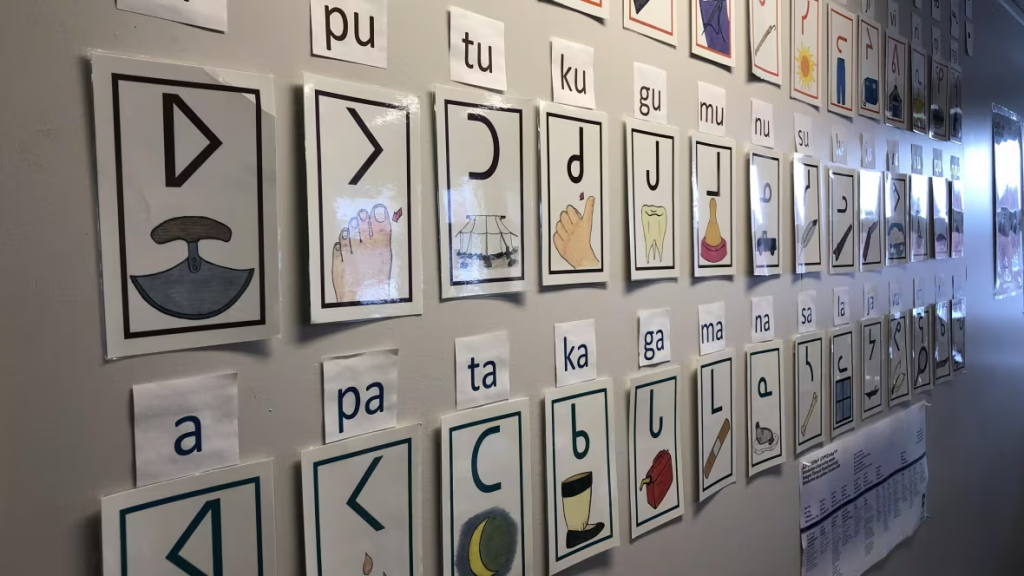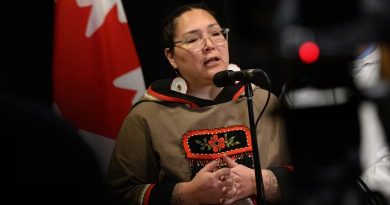‘I just started crying’: Appeal of Inuit language education lawsuit struck down

Lawsuit alleges discrimination against Inuit students, according to Inuit organization
Bernice Kuutuu Clarke was attending a conference for female Indigenous entrepreneurs when she got the news she had been hoping for.
“I just started crying,” she told CBC from her Vancouver hotel room. “I was jumping up and down and everybody [was] looking at me like, ‘What are you doing? What’s happening?’ And I said, ‘I can’t tell you, not yet.”
The news Clarke received was the Nunavut Court of Appeal striking down the government of Nunavut’s latest appeal involving a lawsuit brought forward by Nunavut Tunngavik Incorporated (NTI) and two representative plaintiffs, one of whom is Clarke.
After first being launched in 2021, the lawsuit, which alleges that Inuit students are being discriminated against at the hands of the government of Nunavut (GN) by not being able to receive an education in Inuktut, is now set to go to trial.

In a news release, NTI said they welcome the court’s decision.
“When students receive schooling in their own language and culture, they face fewer academic barriers and have increased opportunities to achieve their goals from graduation to employment,” the release said. “NTI argues in its lawsuit that the GN’s discriminatory treatment of Inuktut in Nunavut schools, in comparison to English and French, has significantly eroded Inuktut and lowers educational attainment and graduation rates for Inuit students.”
CBC News requested interviews with NTI president Aluki Kotierk and Nunavut Education Minister Pamela Gross but both were unavailable before publication time.
For Clarke, passing on Inuktut to the younger generation is important.
“My first three children don’t speak Inuktitut and this is common,” she said. “I wanted to change what I can control and that is teaching my daughter with the support of my husband who is pushing me to pass on the language to our daughter.”

It’s not just in schools where there is a lack of Inuktut being spoken.
“There is no Inuktitut when we go to the post office,” says Clarke. “There is no Inuktitut in every social setting in Iqaluit. There is no Inuktitut for my daughter to continue to be able to be bilingual. So I need help with the whole community so that my daughter can be bilingual in the school, in the store, [with] her friends playing and my visitors coming.”
According to Statistics Canada data from 2021, about 53 per cent of Nunavut’s population said their mother tongue is Inuktut, compared to 65 per cent in 2016 and 72 per cent in 2001.

Clarke said the worst case scenario of having no Inuktut in schools and everyday life is the loss of someone’s identity — the core of who they are.
“That is the saddest thing that can happen to anyone,” she said. “Language holds so [many] memories for me. My grandparents: my memories of them are in Inuktitut.”
“For me to lose Inuktitut would be like losing my connection to my family; my memories.”
Despite the celebrations, Clarke is not getting overly excited just yet.
“What is that English saying? ‘It isn’t over ’till the fat lady sings,'” she said.
Related stories from around the North:
Canada: Mark Indigenous languages decade by making Inuktitut official in Canada: Inuit UN rep, The Canadian Press
Finland: Everyone encouraged to boost Sami language visibility in Finland, Norway and Sweden this week, Eye on the Arctic
Norway: Indigenous and minority language names for Norway now have official status, The Independent Barents Observer
Russia: German project to house everything published in Siberian and Arctic languages to seek new funding, Eye on the Arctic
Sweden: Can cross-border cooperation help decolonize Sami-language education, Eye on the Arctic
United States: Inuit leaders applaud UN move to designate International Decade of Indigenous Languages, Eye on the Arctic



